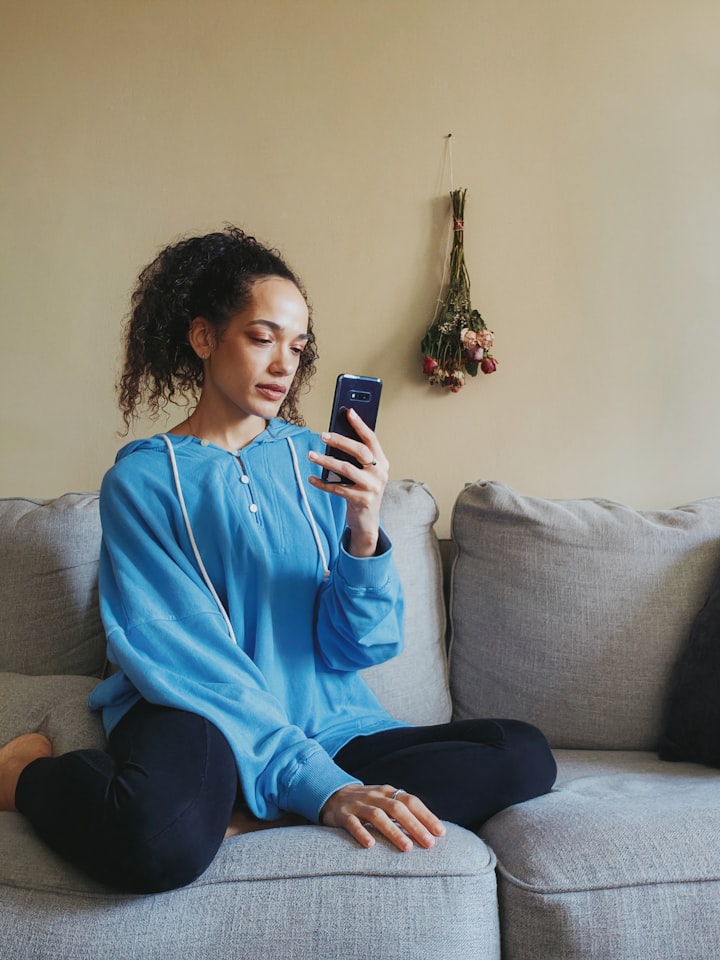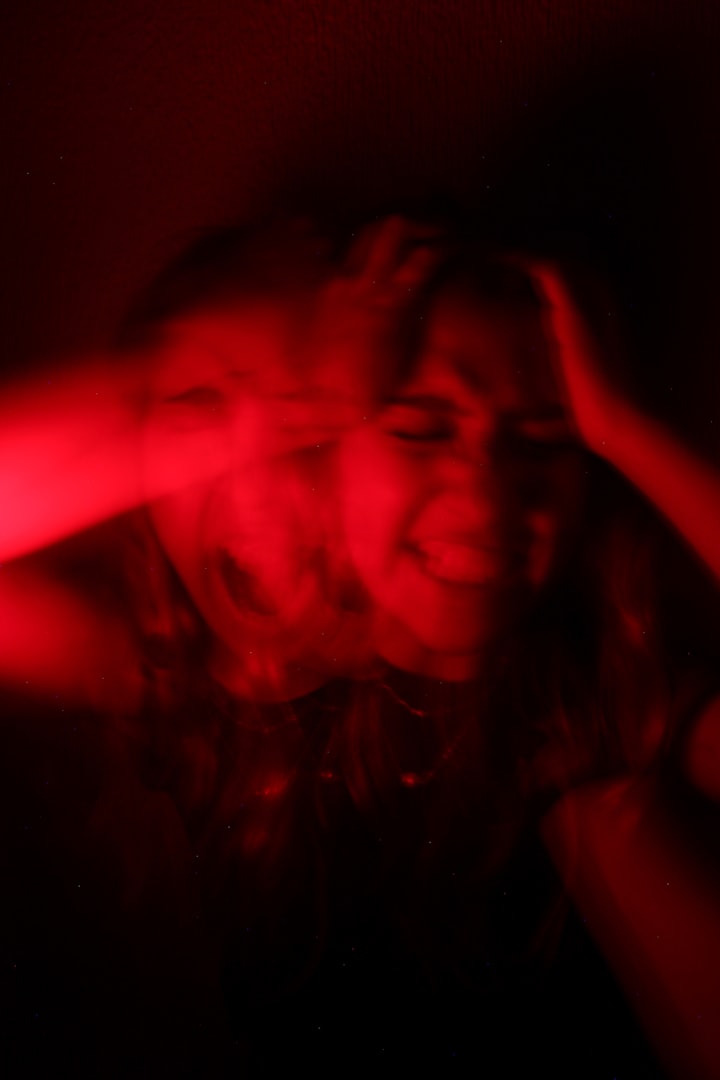Have you ever encountered parents of children with Attention Deficit Hyperactivity Disorder (ADHD) inquiring about non-medication treatment options? This question seems to be increasingly common in my practice when addressing ADHD in children. While the prevalent approach in the US often leans towards medication, studies indicate that a more nuanced strategy might be beneficial, particularly for younger children.
Despite guidelines advocating behavioral therapy as the first line for the youngest kids, the CDC reports that almost half of preschoolers with ADHD receive no behavioral therapy, with medication being the more typical choice. However, emerging evidence suggests that a primary approach to ADHD should involve non-pharmacological therapy, especially for younger children, or a combination of medication and lifestyle changes.
Research indicates that implementing non-pharmacological methods early on in a child's ADHD diagnosis may lead to faster improvements in ADHD symptoms, with potential long-lasting effects compared to medication alone. Supplementary treatments that may prove beneficial include prioritizing sufficient sleep, maintaining proper hydration, engaging in regular exercise for focus, incorporating soothing music, and introducing meditation practices.
Concerning sleep, the National Sleep Foundation reports that a significant number of children and teenagers, up to 80% of teens, do not get adequate sleep. Parents might not fully grasp the importance of instilling good sleeping habits in their children, as sleep-deprived kids often exhibit lack of focus and symptoms of hyperactivity, which can be mistakenly attributed to ADHD.
Examining a child's hydration status is another aspect to consider. Given that the brain is composed of 73% water, dehydration could impact a child's ability to control ADHD symptoms. Dehydration, in general, can affect concentration, memory, and is associated with mood swings and fatigue, symptoms that overlap with ADHD.
Meditation, although inconclusive in some older reviews, has shown promise in recent small studies. Children with ADHD practicing meditation appear to concentrate better, experience reduced depression and anxiety. While ongoing randomized control trials are needed for conclusive evidence, meditation is a potential consideration for families seeking alternative strategies.
Good old-fashioned exercise has been proven to enhance focus, particularly in kids with ADHD. A systematic review concluded that cardio exercises like running and cycling positively impact executive functioning, response inhibition, cognitive control, and behavior. Several studies reviewed provided strong evidence for cardio exercise improving parent or teacher ratings and a range of socio-emotional outcomes.
In conclusion, maintaining an active lifestyle for children with ADHD is a strategy for all ages. As ADHD diagnoses occur at younger ages, instilling good behavior and lifestyle habits can aid in better ADHD control as children progress into adolescence and adulthood. While medication remains a crucial therapy for many kids, it may not be the optimal first or sole therapy for the majority of children. This multifaceted approach can ensure a comprehensive and personalized strategy for managing ADHD in children.
But by the use of specific techniques, I've transformed ADHD into what I view as my superpower.
Nutrition: Consuming sugar has a negative effect on brain function and focus. I advise consuming less sugar and choosing a breakfast high in vegetables, avocado, and egg whites, among other healthy fats.
Exercise: I've found that sweating every day improves my concentration and creativity. Exercises as basic as thirty push-ups or a brief routine done in a hotel room have a big impact.
Sleep: You may enhance the quality of your sleep by setting up a comfortable sleeping environment, utilizing a white noise app or sleep mask, and turning off technology before bed.
But with the use of particular strategies, I've turned ADHD into what I consider to be my superpower.
Nutrition: Sugar consumption impairs concentration and brain function. Less sugar consumption and a breakfast heavy in veggies, avocado, and egg whites, along with other good fats, are the two things I recommend.
Exercise: I've discovered that daily perspiration enhances my ability to concentrate and be creative. Simple workouts like thirty push-ups or a quick routine performed in a hotel room can make a tremendous difference.
Sleep: By creating a comfortable sleeping environment, using a white noise app or sleep mask, and shutting off electronics before bed, you can improve the quality of your sleep.
Morning Rituals: Creating a morning routine that includes exercise, gratitude writing in a diary, and meditation helps to create a pleasant vibe for the day.
Pomodoro Technique: Organizing work into focused 30-minute bursts interspersed with brief pauses increases output. Utilizing tools such as be focus can aid in sustaining focus.
Energy management: You can maximize productivity by identifying your own energy rhythms and arranging work accordingly. Mornings are ideal for creative work, and afternoons can be used for meetings.
Music: Playing background music while working, like the Focus at Will app's upbeat channel, helps focus.
Block Time: To reduce distractions and guarantee focused work, divide the day into 15-minute blocks and assign particular tasks according to the calendar.
Build a Team: Even if financial resources are limited, leveraging support from others in areas where you struggle can make a significant difference. Delegate tasks to people who enjoy and excel in those areas.
To sum up, the key to managing ADHD without medicine is to see it as a superpower and make lifestyle adjustments that suit you. It's critical to try out various tactics, get advice from experts, and assemble a network of allies. Please feel free to leave a remark below if you need help or are experiencing a similar path. For more information, watch my other video on why having ADHD is my strength. Please remember to subscribe to my channel, leave a comment, and like this video if it was helpful. I appreciate your support so much and can't wait to share more content with you in the future.
About the Creator
Refuwe Lejaha
Welcome to my Vocal Media profile! 🎤 As a budding blogger, I am embarking on a journey to hone my writing skills. Join me as I delve into engaging and educational blog posts.







Comments
There are no comments for this story
Be the first to respond and start the conversation.